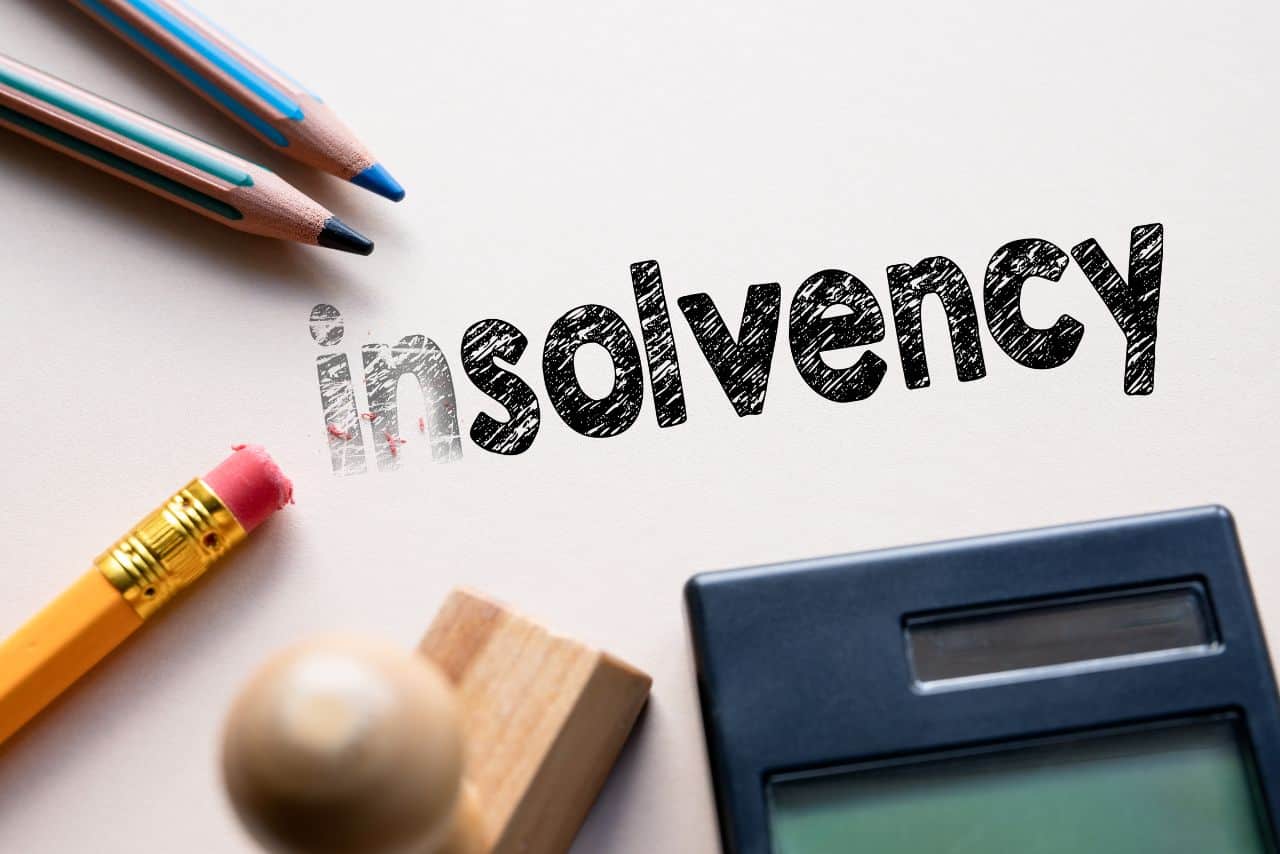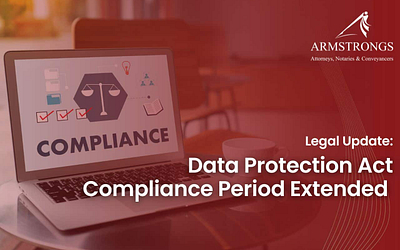1. When companies are placed under liquidation, it is ordinarily on the basis that the company is insolvent, in that, it can no longer meet its financial obligations to its creditors.
2. However, for some insolvent companies, there are several other factors which have contributed to the company’s undoing, such as mismanagement of the company or acts of misconduct or impropriety by those in control of the company’s affairs which may well have led to its current financial predicament, to the prejudice of its creditors.
3. These factors are mostly prevalent in many corporate failures and/or scandals that have occurred globally. Botswana is no exception.
4. It is for this reason that the legislature has made provisions for an insolvency enquiry which is governed under section 430 and 431 of the Companies Act CAP 42:01 (“the Act”), to be held for the benefit of the creditors of an insolvent estate.
5. The purpose of an insolvency enquiry is to provide for a fact-finding mechanism for a Liquidator of a company and/or its creditors to investigate the affairs of the insolvent company and to also to obtain the necessary information and details from relevant parties to assist them in properly winding up the affairs of the company.
6. This is important because relevant parties such as directors may have concealed important information which could assist the Liquidator of a company in determining the contributing factor to the insolvency of the company and whether there are other transactions which may be salvaged for the benefit of the creditors.
7. The Liquidator would therefore, after having observed or discovered that there is impropriety relating to the conduct of the company’s business or its formation, recommend to the creditors that an insolvency enquiry should be held.
8. The creditors would then pass a resolution, at a creditor’s meeting, that an insolvency enquiry ought to take place.
9. The Master who presides at any meeting of creditors (under the advice of the Liquidator of the insolvent company) may then, in terms of Section 430(3) of the Act, summon any person to an insolvency enquiry:
• who is known or, on reasonable grounds, believed to be in possession of any property which belongs or belonged to the company or to be indebted to the company; or
• who in the opinion of the Master may be able to give any material information concerning the company or its affairs, whether before or after the commencement of liquidation for purposes of being interrogated by the Liquidator or creditors who have proved their claim in the insolvent estate.
10. Persons who are summoned to an insolvency enquiry are mandated in terms of section 430(4) of the Act, to provide any documents or books pertaining to the affairs of the insolvent company which are believed to be under his or her control.
11. It is important to note that section 431(4) of the Act stipulates that any evidence given at an insolvency enquiry shall be admissible in any civil proceedings instituted against the summoned person who gave evidence.
12. Further, persons who are summoned to an insolvency enquiry for interrogation have the right to be represented by an accountant or by an attorney with or without counsel and shall be (other than the directors or other officers of the company) entitled to such witness fees, to be paid out of the funds of the insolvent company, as he would be entitled to if he were a witness in any civil proceedings in a magistrate’s court.
13. Directors and other officers of the company are only entitled to such witness fees or expenses in connection with such attendance subject to the approval of the Master of the High Court.
14. Due to the serious nature of an insolvency enquiry, section 431(8) of the Act provides that any person summoned for interrogation who refuses, on any ground other than that the answer may tend to incriminate him, to answer any question (except any question which the presiding officer may see fit to disallow) put to him, shall be guilty of contempt of court.
15. However, section 431(9) of the Act provides that a person is not excused from answering a question in the course of being examined on the ground that the answer may incriminate or tend to incriminate that person.
16. Notwithstanding that a person may not be excused from answering a question on the ground that it may incriminate him, section 431(10) affords protection to the witness in that the testimony of a witness who has been interrogated is not admissible as evidence in criminal proceedings against that person, except on a charge of perjury in relation to that testimony.
17. The Act further sets out punitive measures in an insolvency enquiry in that, persons summoned by the Master or other officer who fail without a valid excuse to attend any meeting to which he has been so summoned or to produce any book or document or extract from any book or document in his possession, custody or control-shall be guilty of contempt of court and liable to a fine not exceeding BWP1,000 or to imprisonment for a term not exceeding 12 months or to both.
18. After the conclusion of the insolvency enquiry, the Liquidator, together with the creditors, having obtained the necessary information from the summoned persons, would have to now consider at a creditors’ meeting whether to institute civil proceedings against the directors or any other relevant persons who were involved in the management of the company for either reckless trading, fraudulent conduct or transactions which were made without value, in the hope of recovering funds for the benefit of the creditors.
19. For more information on the above, please contact Ada at ada@armstrongs.bw or call +267 395 3481.



